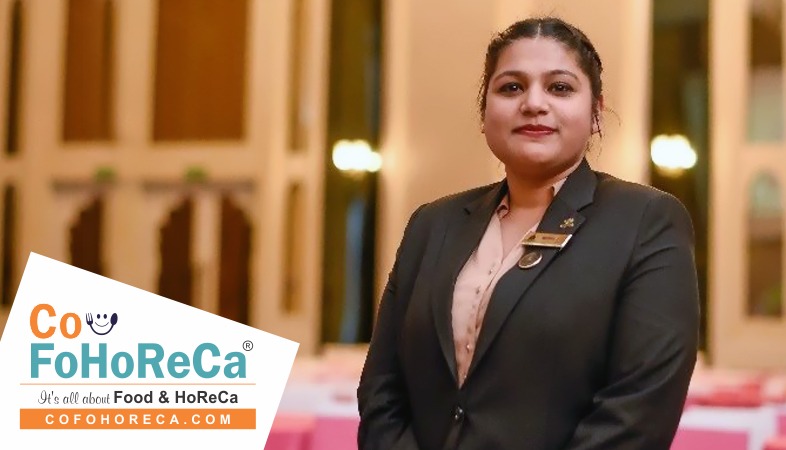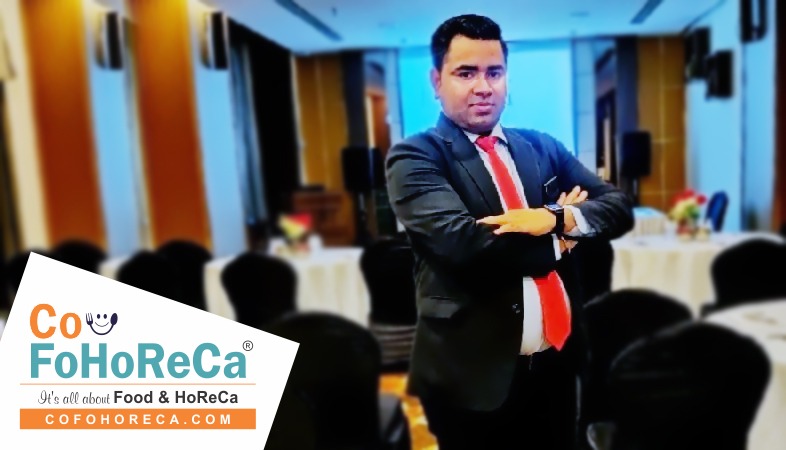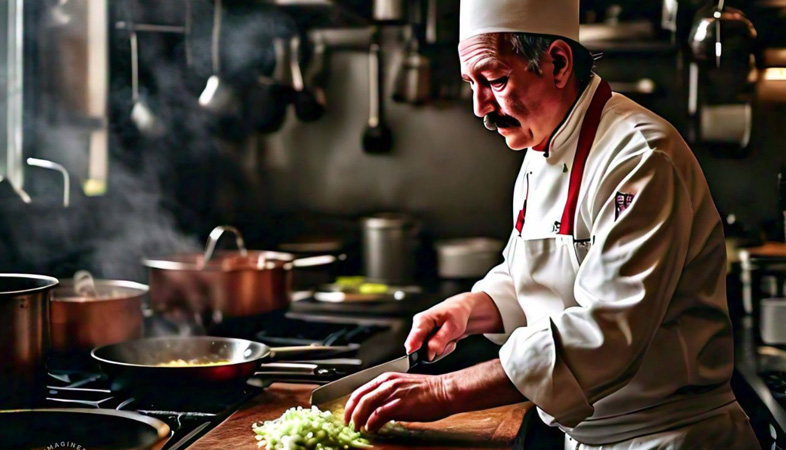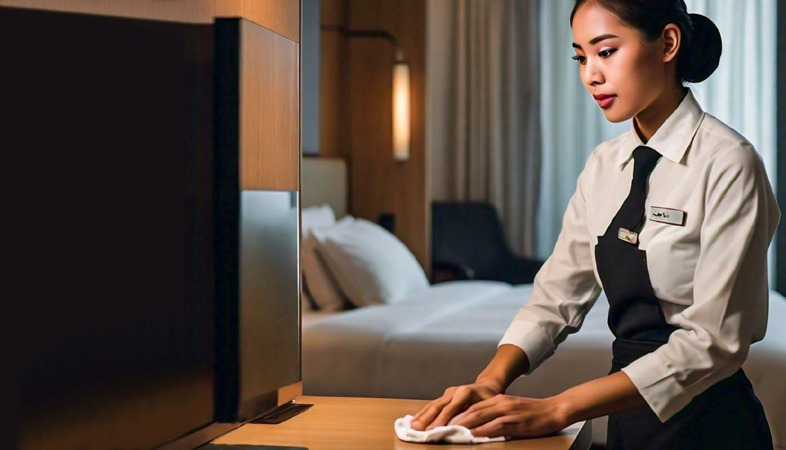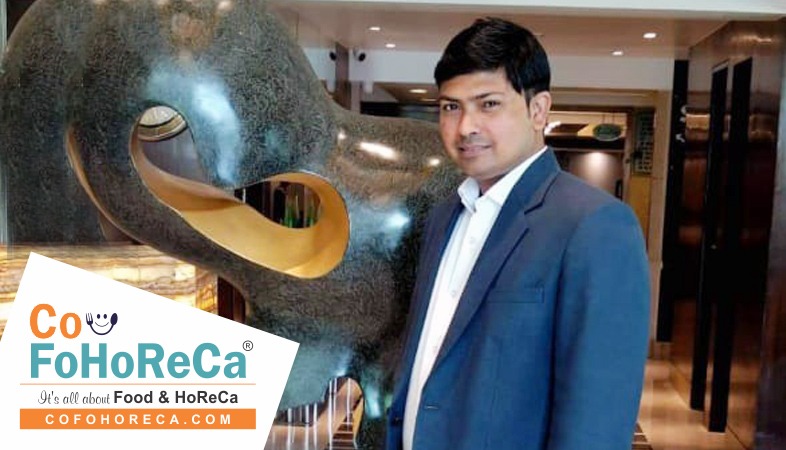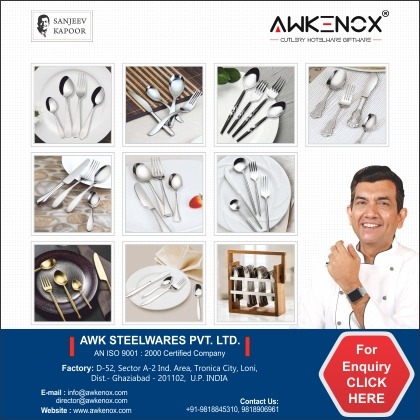The Evolution of Housekeeping Standards: Meeting Modern Guest Expectations
The future of housekeeping lies in its ability to adapt and innovate, ensuring that it meets the diverse needs of today’s discerning travelers.
The hospitality industry is constantly evolving, and nowhere
is this more evident than in the standards of housekeeping. As guest
expectations change, hotels must adapt their practices to maintain a
competitive edge and provide exceptional experiences. The evolution of
housekeeping standards reflects a shift towards greater cleanliness,
personalization, and technology integration, ultimately transforming the way
hotels approach their operations.
In the past, housekeeping primarily focused on maintaining a clean and tidy environment. While this remains essential, modern guests now expect much more. Enhanced cleanliness standards have become a priority, especially in the wake of global health concerns. Hotels are now implementing rigorous cleaning protocols that go beyond traditional methods. This includes using hospital-grade disinfectants, paying special attention to high-touch surfaces, and ensuring that rooms are thoroughly sanitized between stays. Guests today seek reassurance that their health and safety are paramount, and hotels must demonstrate their commitment to cleanliness through visible efforts and transparent communication.
Personalization has also become a significant aspect of housekeeping standards. Today’s guests expect tailored experiences that cater to their individual preferences. This shift has led to the introduction of more personalized housekeeping services, such as customizable cleaning schedules and room preferences. Hotels are increasingly using technology to gather guest data, allowing them to anticipate needs and create a more personalized experience. For example, guests can indicate their preferences regarding room temperature, bedding types, and even the timing of housekeeping services. By catering to these unique preferences, hotels enhance guest satisfaction and foster a sense of loyalty.
Technology integration has transformed housekeeping standards in various ways. Many hotels are now using digital platforms and mobile applications to streamline communication between guests and housekeeping staff. Guests can request additional amenities or schedule cleaning services directly from their smartphones, eliminating the need for face-to-face interactions. This convenience not only improves the guest experience but also allows housekeeping staff to manage their time more efficiently. Additionally, some hotels have begun implementing smart technology, such as IoT devices, to monitor cleanliness and optimize resource allocation. This data-driven approach enables hotels to maintain high standards while maximizing efficiency.
Sustainability has emerged as a crucial factor influencing housekeeping standards. Modern guests are increasingly aware of their environmental impact and prefer hotels that prioritize sustainable practices. Housekeeping departments are adapting by implementing eco-friendly cleaning products, reducing water usage, and minimizing waste through recycling initiatives. Many hotels are also adopting green certification programs, which highlight their commitment to sustainability. By aligning their housekeeping practices with eco-conscious values, hotels can appeal to a growing demographic of environmentally aware travelers.
Employee training is another essential component of evolving housekeeping standards. As expectations shift, housekeeping staff must be equipped with the skills and knowledge to meet these demands. Many hotels are investing in comprehensive training programs that focus on cleaning techniques, customer service, and technology usage. This investment not only enhances the quality of housekeeping services but also fosters a culture of professionalism among staff. Well-trained employees are more likely to take pride in their work, leading to improved guest experiences and higher satisfaction ratings.
The role of housekeeping has also expanded to encompass more than just cleaning rooms. Modern housekeeping staff are often tasked with maintaining common areas, providing guest assistance, and ensuring the overall ambiance of the hotel is inviting. This shift highlights the importance of a holistic approach to housekeeping, where staff contribute to creating a positive atmosphere for guests. By embracing this expanded role, housekeeping teams can significantly impact the overall guest experience, from the moment they enter the hotel to their departure.
The evolution of housekeeping standards reflects the changing landscape of guest expectations in the hospitality industry. Hotels must prioritize enhanced cleanliness, personalization, technology integration, sustainability, and employee training to meet the demands of modern travelers. By adapting to these trends, hotels can ensure they provide exceptional experiences that resonate with guests. As the industry continues to evolve, housekeeping will remain a vital component of hospitality, shaping the overall guest experience and influencing brand loyalty. The future of housekeeping lies in its ability to adapt and innovate, ensuring that it meets the diverse needs of today’s discerning travelers.
.png)


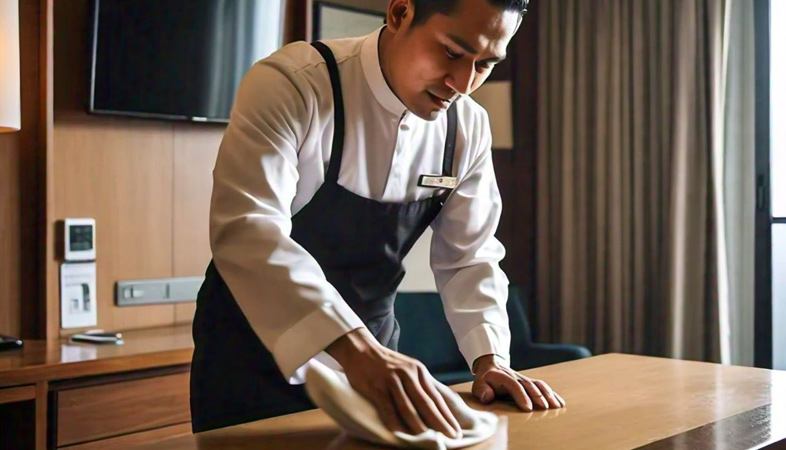
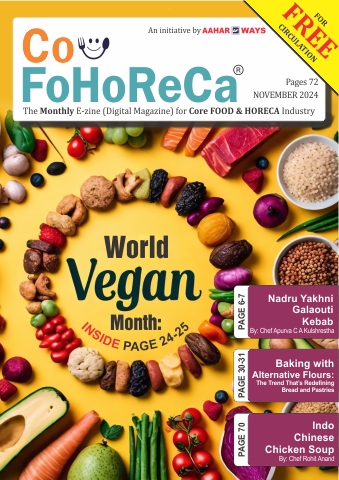


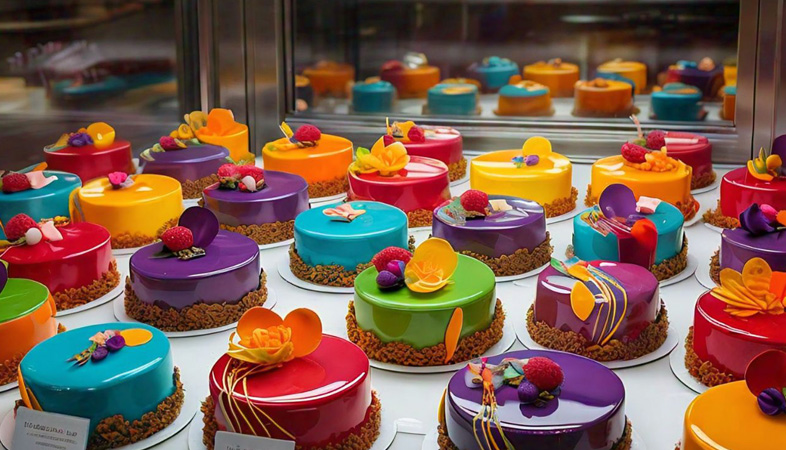
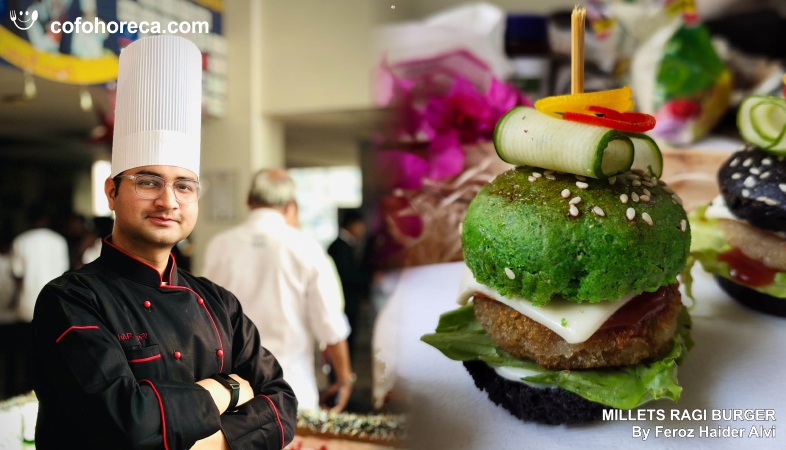

 at Zepto.jpeg)
